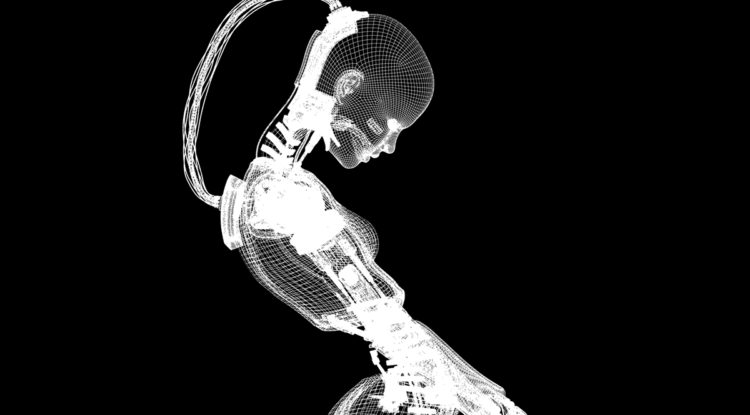
Fytch, The 15-Year-Old Whose Music Shook the Earth
At 15, French dubstep whiz Fytch remixed a Little Boots song called “Earthquake”. In doing so he took a so-so dance tune and turned it into something spectacular:
In the process, he launched himself as a highly respected artist who now at 19 books with some of the best DJs in the world. How did pull this wild feat off at such a young age?
One possibility is that his early life matches up so well with Malcolm Gladwell’s 10000 hours theory, which suggests that the largest component of alleged “genius” is actually hitting a certain critical mass in the amount of time you spend doing something. By 15, Fytch (born Stephane Lo Jacomo) had already played classical guitar for 10 years and had recorded two albums. His father was also country music artist, so Stephane was immersed in music from a young age and had access to professional equipment that he could play around with whenever he wanted.
Another biographical detail suggests an alternative, or at least complementary, reason for his success. He attended an international school, where he was introduced to dubstep at a time when his country had virtually no scene. That fortunate coincidence meant that he was in a less competitive space than other people on the leading edge of the dubstep scene. It was also a younger genre at that time, so globally that meant more opportunity to carve out a niche.
Why stop there, though? The place where he encountered dubstep suggests yet another possible reason for his success – he was in an environment that exposed him to ideas from around the world. You can have the world’s greatest mind, but it still takes a catalyst to make an idea possible. On this front, it may also be relevant that he encountered the genre at an age when his identity was more in flux. For example, he wasn’t (thankfully) dead set on becoming a classical guitarist by that point.
One final possibility is that either consciously or unconsciously he piggybacked on multiple networks through certain aesthetic choices he made. What does the word Fytch bring to mind? To me, it recalls clothing retailer Abercrombie & Fitch, a brand that would be at least recognizable if not highly desirable to Fytch’s audience. “Earthquake” is also another artist’s song, which means 1) that there’s at least some likelihood that Little Boots’ fans would want to check out the remix and 2) that if Fytch was able to pull it off better than the original, more recognized artist (albeit in a different genre), that would be pretty noteworthy.
In a way, it would almost be more appealing if this piggybacking was done for totally unconscious reasons. Building on others’ ideas has always been an important part of the artistic process, but if people are now doing it without even knowing why, it suggests remixing is in the water at this point. If your motives are unconscious, that also means your remixes can cross disciplines in a way that’s never happened before – you don’t have to pay homage to an institution; you can riff off a clothing company’s imagery to promote your music because history is just a blur of material to be pulled from willy-nilly. This piggybacking on networks also works with the by-now thoroughly debunked idea of originality as a transcendent, innate trait. (We can largely thank Malcolm Gladwell for that… which brings us full circle.)
So which of the above possibilities was it that led to Fytch’s breakthrough?
Maybe all, maybe none. What all these details add up to is a very messy causality contributing to one person’s success story (and by extension, anyone’s). If we’re being honest, the causes of success are circular and indeterminate. They’re both global and personal. No matter what story gets told, it’s possible to crosscut it with an infinity of others. There’s something important to be learned from the vision of a 15-year-old’s flexibility and permeability in identity, too – the idea that success may just be a matter of drawing different lines around energies that already exist. That’s an earth-shaking idea right there.
What are the key factors to success in your opinion?



































Leave a Reply
You must be logged in to post a comment.